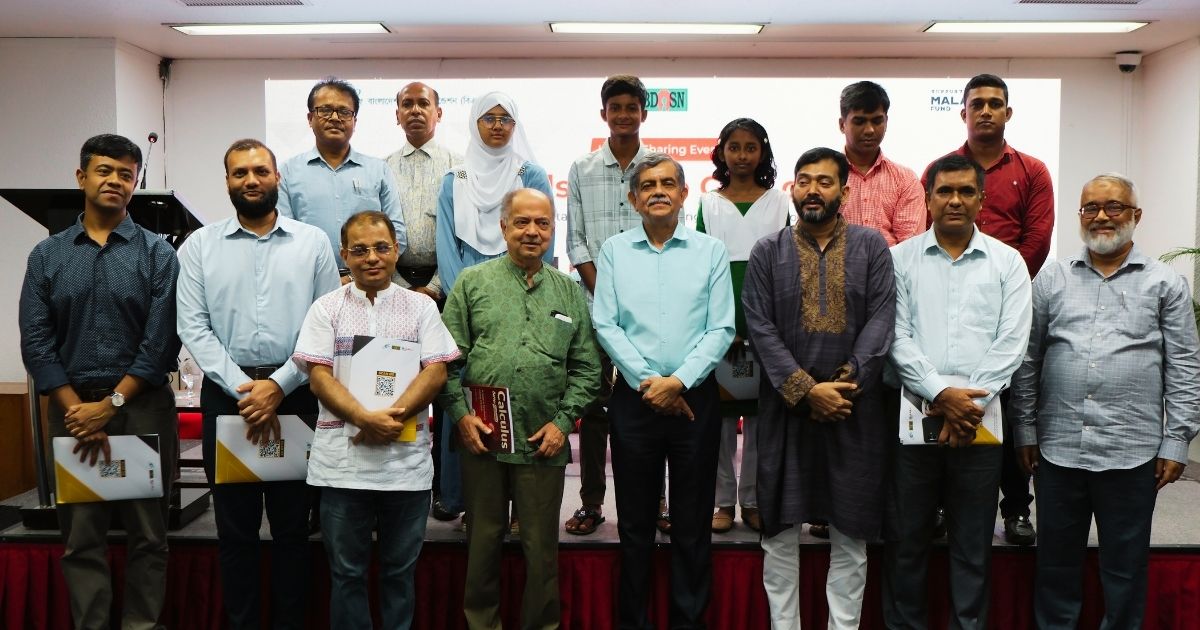Experience Sharing Event Highlights Focus on STEM Education in New Curriculum

Greater emphasis will be placed on STEM education in the upcoming national curriculum to better prepare students for future challenges, particularly in fields like robotics and programming. This observation came from the keynote speakers and guests at the Experience Sharing Meeting on the STEM and ICT Skills for the Girls of Coastal Areas Project, held in Dhaka on September 13, 2025. The event was jointly organized by the Bangladesh Freedom Foundation and Bangladesh Open Source Network (BdOSN), with support from the Malala Fund.
The event aimed to review the project’s outcomes and highlight its impact on encouraging girls in coastal areas to pursue STEM education, as well as to discuss plans for sustaining future activities. The program began with the screening of a documentary on the project, which over the past three years has been implemented across six secondary schools in Khulna, Bagerhat, and Satkhira. Through customized STEM curricula and portable STEM labs, the initiative engaged more than 15 schools, enabling access without the high costs of establishing traditional laboratories.
The project directly involved over 1,200 students in STEM activities and trained more than 200 teachers, who are now applying STEM teaching methods in classrooms. Additionally, over 500 parents and community gatekeepers have been motivated to create a more supportive environment for girls in technology education. Students have gone beyond their local boundaries, participating in national-level Olympiads, visiting tech-based workplaces, and showcasing their abilities in regional and national competitions.
A study conducted by students of Khulna University of Engineering & Technology (KUET) revealed a significant rise in girls’ participation and teachers’ confidence in STEM. Programming and robotics skills increased from nearly zero to 64%, with 21% of students achieving advanced levels of expertise. Parental support rose by 21%, while gender awareness increased nearly fivefold.
Teachers and students also shared their experiences. A headteacher from Jhajharia Secondary School emphasized the timeliness and necessity of such initiatives, while students like Tonni and Sakib expressed how the project changed their perception of science and inspired them to share knowledge with peers.
In his address, the Education Adviser of the Interim Government, Professor Dr. Chowdhury Rafiqul Abrar, expressed admiration for the students’ presentations and announced that the new curriculum, to be introduced in 2027, will give greater attention to science, technology, engineering, and mathematics. Other distinguished speakers highlighted the importance of expanding such initiatives to rural and marginalized regions, ensuring inclusivity in STEM education.
The event concluded with participation from teachers, students, mentors, parents, and various stakeholders, reaffirming the importance of collaborative efforts in advancing STEM education for girls in coastal areas.

